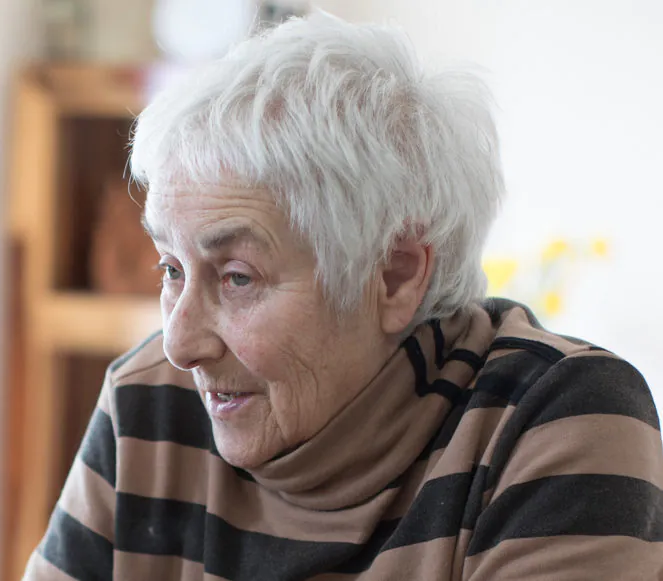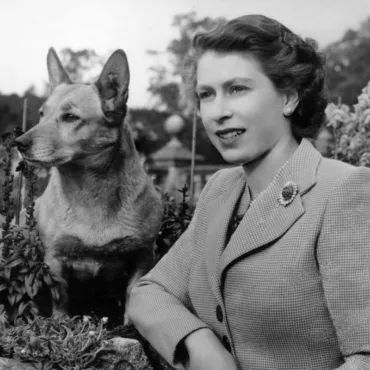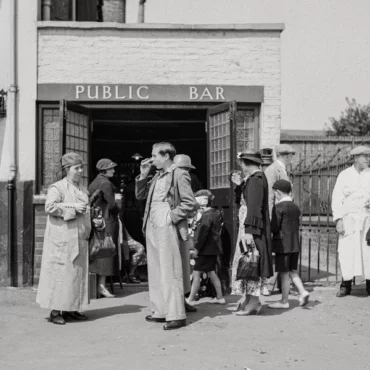The purpose of these public hearings is to get to the bottom of the circumstances surrounding the death of Dawn Sturgess, who, to her distress, sprayed herself with the nerve agent Novichok, thinking it was perfume in a bottle picked up by her boyfriend. The poison, as we now know, was primarily intended for Sergei Skripal, a former GRU officer who worked for British intelligence and was swapped to the UK in 2010.
In 2018, after the attempted poisoning of Sergei and Yulia Skripal, London police identified three suspects in the poisoning: Alexander Mishkin, Anatoly Chepiga and Denis Sergeyev. They used pseudonyms in the UK – Alexander Petrov, Ruslan Boshirov and Sergei Fedotov.
Formally, they have been charged, but since the UK has no extradition treaty, there is no chance of bringing the suspects to the UK for trial. Just as in the case of the murder of Alexander Litvinenko with the radioactive substance polonium-210 in 2006 by Russian agents Andrei Lugovoi and Dmitry Kovtun. They too were charged with murder, but of course their extradition could not be secured.
However, the current public hearings are designed not only to name those responsible for the death of Dawn Sturgess, who are most likely the same Chepiga and Mishkin, but also to analyze how quickly and coherently the police and emergency services worked during and after the attempted assassination of the Skripals and the death of Dawn Sturgess. And also – how the safety of Sergei Skripal was ensured before Russian agents smeared a nerve agent on the doorknob of his home in Salisbury.
The Litvinenko murder taught us nothing.
In the first days of the hearings, the government was criticized for failing to ensure the safety of Sergei Skripal, even though it was obvious that he could have been the target of such an assassination attempt. The Litvinenko assassination apparently taught nothing, because, as the hearings revealed, measures to ensure the safety of the former GRU and British intelligence officer were not followed. Sergei Skripal lived in Salisbury under his own name, he was on the electoral register of the district, so his address could easily be obtained by anyone. True, Sergei Skripal himself did not expect that danger awaited him in the UK. This was stated in his written statement, which was read out at the hearing.
Putin authorized the poisoning of the Skripals
In a statement that Sergei Skripal sent from an undisclosed location, he held Russian President Vladimir Putin responsible for the attempt on his life. “I believe that Putin makes all the most important decisions on his own, so in my opinion, he should have at least authorized the attempt on both Yulia and me,” Skripal said, adding that it was his “private opinion.”
The FCO’s director general of defense and intelligence, witness Jonathan Allen, gave the official view, saying that “the government’s view is that President Putin authorized the operation.”
Dawn Sturgess, a lawyer for the bereaved family, drew on that testimony to suggest to the chairman of the hearing that Mr. Putin be called as a witness to give oral testimony at the inquiry. “As the man who has now, through compelling evidence, been found responsible for the attempted murder of Mr. Skripal and ultimately for Dawn’s death, he is clearly an important and relevant witness. He should not be hiding behind the walls of the Kremlin. He should look the Dawn family in the eye and respond to the evidence presented to him,” the human rights activist said.
The Chairman remarked that this was an “interesting” proposal, but doubted that Putin would agree to come to testify. The lawyer, however, was forced to agree.
“Spirits” could have killed thousands of people
The investigation revealed that the vial of “Novichok” that Dawn Sturgess opened contained enough nerve agent to kill thousands of people. Her mother, testifying at the hearing, revealed that Dawn sprayed herself with the “perfume” the night before she met her daughter. It is conceivable that if she had not passed out in the street, but had made it in time to meet her daughter, not only her daughter, but a huge number of bystanders could have been hurt or killed.
Dawn’s mother also had claims to the police. According to her, the police, seeing her daughter unconscious, thought that she was a drug addict, so they did not take immediate measures to save her. As it later turned out, Dawn was not a drug addict, although her boyfriend Charlie Rowley, who also suffered from exposure to Novichok but survived, was a drug addict. Police officers at the hearing apologized to the family of Dawn Sturgess.
How a vial of Novichok ended up in Charlie Rowley’s hands four months later
So far, Charlie Rowley himself has not spoken at the hearings, but it would be interesting to hear his story. It is known that he found a bottle with “Novichok”, thinking it was perfume, and gave it to Dawn. The bottle was indeed from Nina Ricci perfume, so the mistake is understandable. It’s not clear why almost 4 months passed between the Skripals’ poisoning in March and the July discovery of the “perfume”. At first it was reported that Charlie found the bottle in a trash can or garbage can, but at the current hearing the specific place where he found the bottle is no longer named. It is only known that it was somewhere in the town of Amesbury, which is about 10 kilometers from Salisbury. It is not yet known how the vial got there.
GRU cyberattacks on Yulia Skripal’s email account
In his testimony, Sergei Skripal said he “never thought the Russian regime would try to kill me in the UK”. However, the British secret services should have sounded alarm bells five years before the assassination attempt. For example, it was revealed that in April 2018, a letter from the government’s then national security adviser, Sir Mark Sedwill, to the NATO secretary-general was published, referring to “cyber interest” in the Skripals from 2013, five years before the assassination. The letter stated the following: “We have information indicating that Russian intelligence services have had an interest in the Skripals since at least 2013, when email accounts belonging to Yulia Skripal were targeted by GRU cyber specialists.”
Theresa May is not expecting a miracle
After the first day, the public hearing is being moved from Salisbury to London, and questions about Sergei Skripal’s links to Britain’s intelligence services will be held in private for national security reasons.
The hearings are expected to last several weeks, and then the conclusions reached by the presiding judge, based on testimony, will be presented to the government and the general public sometime in 2025.
Theresa May, who was the British Prime Minister when the Skripals assassination attempt and the murder of Dawn Sturgess occurred, said on a BBC podcast that she doesn’t believe Dawn Sturgess’ family will get justice because it’s very unlikely that the Russian intelligence officers believed to be involved will ever be brought to justice.
Nevertheless, these hearings will help to finally get to the truth and draw the necessary conclusions. After all, that is what such hearings are all about.
